
Is Nigeria’s Constitution Being Rewritten from Abroad? Spotlight on PLAC and MacArthur Funding
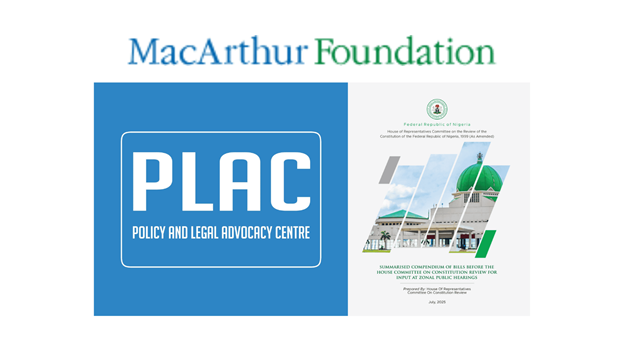
In a report in December 2024, the House of Representatives Press Corps highlighted the growing concerns over foreign influence in Nigeria’s constitutional reform process, at the centre of the appointment of Clement Nwankwo, Executive Director of the Policy and Legislative Advocacy Centre (PLAC), as lead consultant to the House Special Ad-hoc Committee on Constitution Review.
During the inauguration of the constitution review exercise, Nwankwo urged civil society groups to participate actively, promising “meaningful reforms.” However, this announcement has caused criticism from many who see a conflict of interest in his role, particularly due to PLAC’s longstanding financial ties to the U.S.-based MacArthur Foundation.
PLAC, a 16-year-old Abuja-based non-profit, brands itself as an independent and non-partisan organisation working to deepen democratic governance in Nigeria. However, its core operations have been heavily funded by the MacArthur Foundation, a Chicago-based philanthropic organisation. Since 2009, PLAC has received approximately $4.6 million from the foundation.
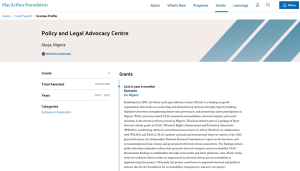
MacArthur’s “Big Bets” initiative, launched globally to enable “transformative change,” includes a Nigeria-focused portfolio of $154.1 million distributed across 340 grants to 135 organisations from 2015 to 2024. These funds, according to the foundation, are intended to “reduce corruption and improve quality of life” in Nigeria. Yet, the funding strategy also reflects a deeper attempt to shape governance outcomes under the guise of reform.
Foreign Influence in Domestic Lawmaking
The MacArthur Foundation’s initial investment in Nigeria was primarily based on former President Muhammadu Buhari’s 2015 anti-corruption campaign. A 2019 evaluation by the foundation revealed this as the strategic entry point for its Nigeria program, raising questions about the timing, intent, and implications of its involvement in the country’s political trajectory.
With PLAC’s Executive Director now directly influencing constitutional reforms, including the proposal of policies such as Citizenship by Investment (CBI), some worry that the changes being discussed are not entirely locally driven. Instead, they may stem from donor-aligned policy frameworks, further blurring the line between foreign philanthropy and domestic sovereignty.
PLAC’s current role as an insider in the legislative process raises fundamental issues about transparency and national ownership. While advocacy groups can and should engage in public policy, a foreign-funded NGO leading constitutional amendments, without public election or legislative oversight, constitutes a structural conflict of interest.
This is no longer just about supporting democracy. It’s about influencing the architecture of our nation’s laws through organisations accountable to foreign donors, not to the Nigerian people.
As the House moves forward with reviewing 86 sections of the 1999 Constitution, there is a call to investigate the process and its actors. At stake is not just policy reform, but the very independence of Nigeria’s democratic institutions.
Read More:
- Delayed Retirements: Tinubu Extends Customs Director General Tenure Past Lawful Limit
- Kenya Exports 50 Ayrshire Cows to Nigeria, Marking Milestone in Intra-African Trade
About The Author
Mayowa Durosinmi
author
M. Durosinmi is a West Africa Weekly investigative reporter covering Politics, Human Rights, Health, and Security in West Africa and the Sahel Region
Mayowa Durosinmi
M. Durosinmi is a West Africa Weekly investigative reporter covering Politics, Human Rights, Health, and Security in West Africa and the Sahel Region
Related Articles
Ghana to Rename Kotoka International Airport
Ghana’s government is preparing to rename the country’s main international gateway, Kotoka...
ByWest Africa WeeklyFebruary 4, 2026Russia Congratulates Ibrahim Traoré on Assuming AES Presidency
Russia has congratulated Burkina Faso’s President, Captain Ibrahim Traoré, on his assumption...
ByWest Africa WeeklyFebruary 4, 2026AES Condemns Niamey Airport Attack, Warns of Coordinated Destabilisation
The Alliance of Sahel States has strongly condemned the armed attack on...
ByWest Africa WeeklyFebruary 2, 2026Mali Cedes Strategic Land to Guinea to Deepen Trade Cooperation
Mali has approved the transfer of a strategic parcel of land to...
ByWest Africa WeeklyFebruary 2, 2026



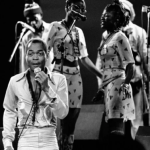


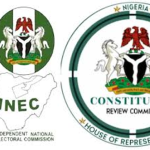
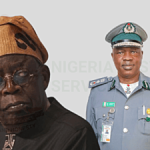
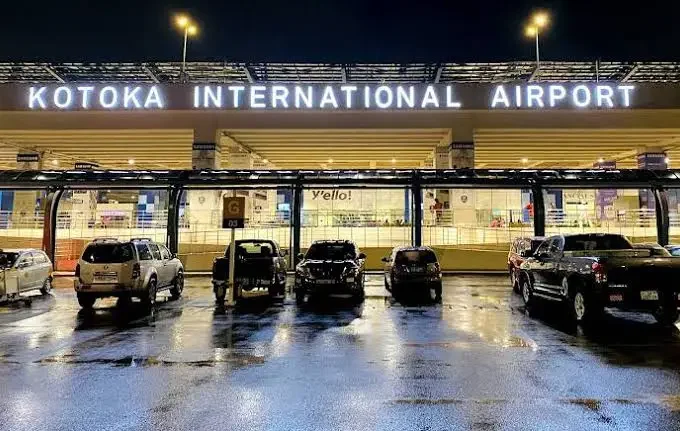
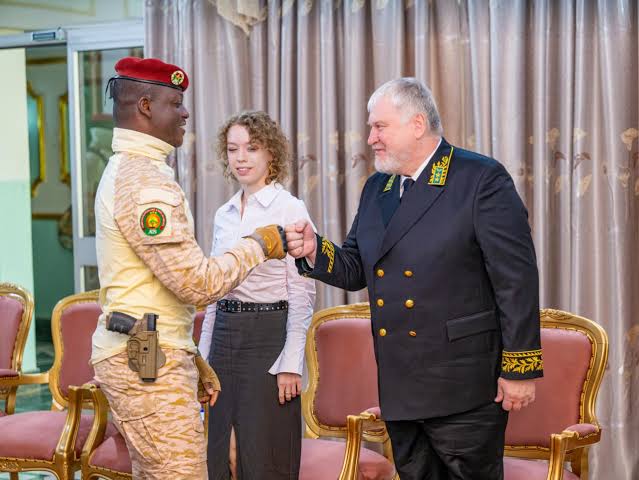


Leave a comment